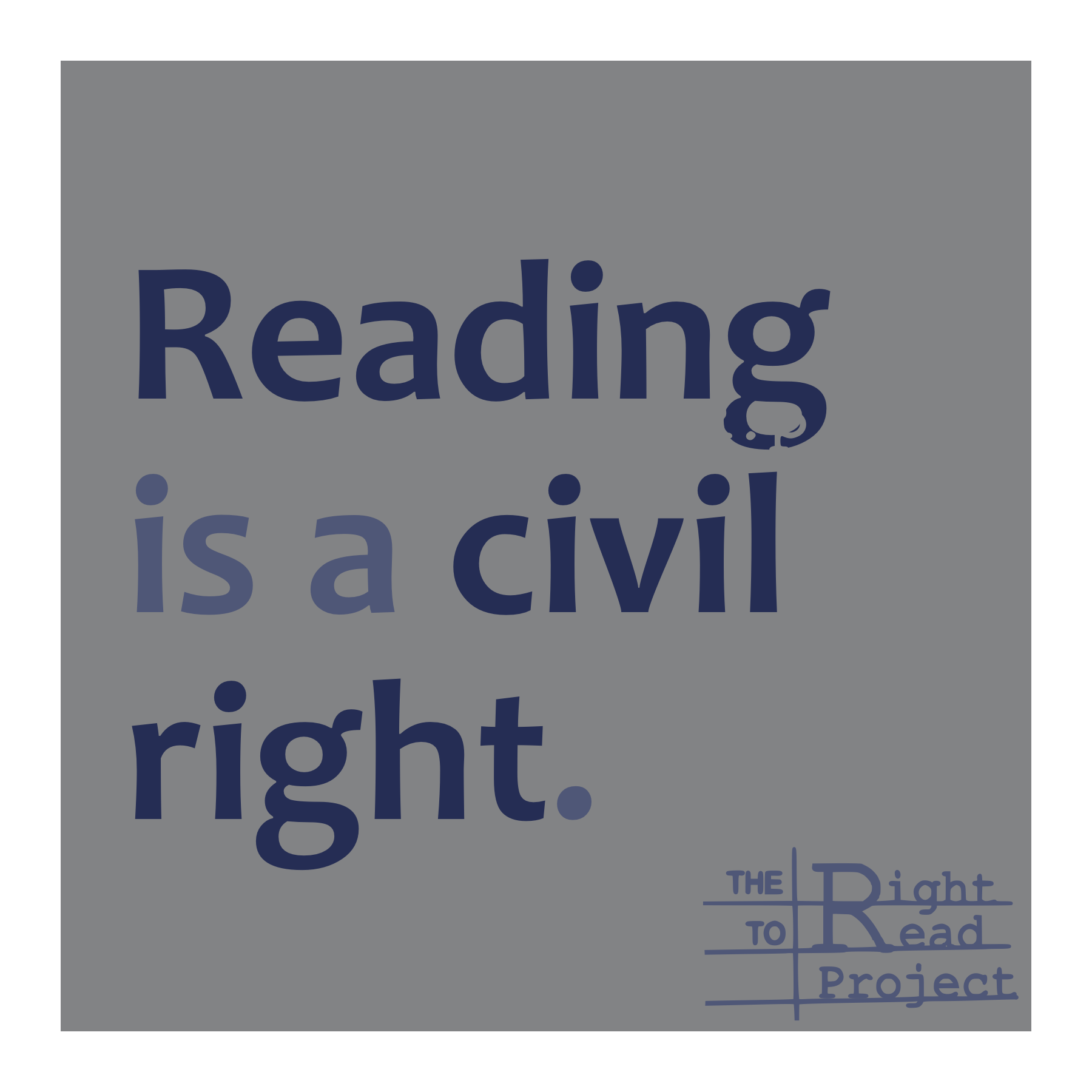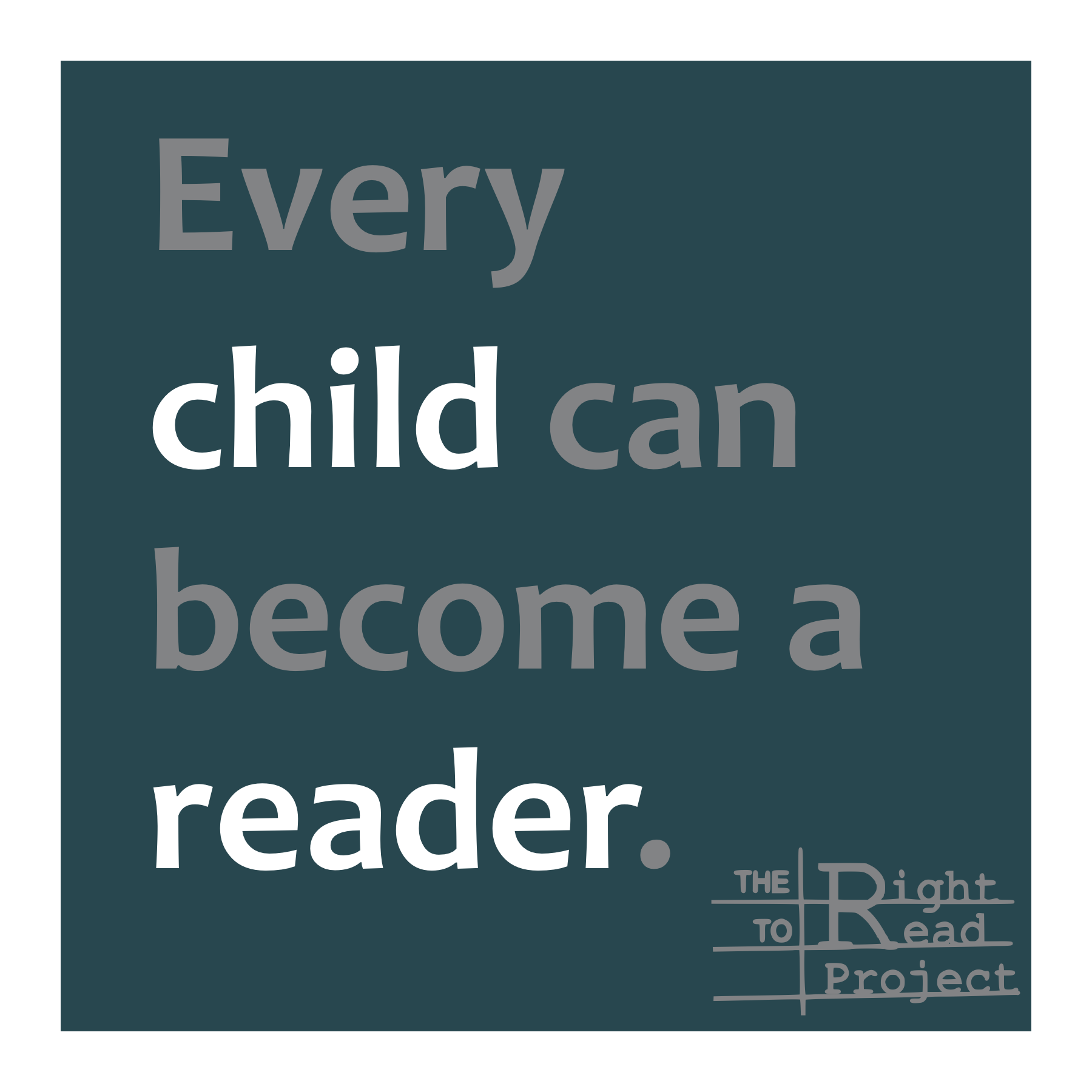The Good: Toddlers and preschoolers adore picture books with predictable language because they can emulate reading without needing to decode. Young children love Brown, Bear Brown Bear, What Do You See? and I Went Walking and Silly Sally because the repeating sentence patterns and big, bold, colorful illustrations allow them to confidently “read” the books by memorizing the patterns and looking at the pictures. Predictable books pique children’s interest in
Teacher: Advocate, Bystander, or Adversary?
A GUIDE TO READING ADVOCACY, PART 3 (Click here to read Part 2.) How can you get a school to change the way it’s teaching your child? The way you express concerns about reading instruction at your child’s school may very well determine how well those concerns are addressed by school staff. The forum you choose, the staff members you involve, the tone you use, and the priorities you convey,
Is My Child’s School Getting Reading Right? What to ask. What to look for.
A GUIDE TO READING ADVOCACY, PART 2 (Click here to read Part 3.) Is my child getting good reading instruction at school? Families need an answer to this question, because children who don’t learn to read well in first and second grade are unlikely to catch up later. And there can be lifelong repercussions. As one parent said at a school board meeting: “Again and again, we are hearing that
It’s Not Enough to Mean Well
I came into the teaching profession aware that my White middle class experience would impact how I taught. I earned my teaching credential and masters degree from a program focused on social justice. There, I’d read and discussed books such as Teaching Other People’s Children and Bad Boys: Public Schools in the Making of Black Masculinity, so I understood, in theory, the blindness and biases I would need to overcome.
Reading Behaviors ≠ Reading
When I became a reading interventionist, my first graders taught me that Guided Reading isn’t as effective as I had once believed. Initially, my attention was on my readers’ “strengths.” Mistakes in reading were not problems but rather “miscues,” windows into my students’ minds and reassurance that they needed me for guidance as they read. But as I observed my students, I noticed them develop misunderstandings about reading. Reading Is
Shame is no rallying cry
Teacher guilt is a compelling topic and it’s found its way into Emily Hanford’s reporting more than once. In Hard Words: After learning about the reading science, these teachers were full of regret. “I feel horrible guilt,” said Ibarra, who’s been a teacher for 15 years. “I thought, ‘All these years, all these students,’” said Bosak, who’s been teaching for 26 years. To help assuage that guilt, the Bethlehem school
It’s Not Enough to Know Better
Just as the school year began, Natalie Wexler’s Knowledge Gap and Emily Hanford’s At a Loss for Words shook the ground under Balanced Literacy. Optimists might assume that classroom instruction will be transformed as a result of these powerful publications, but if a teacher in my district heard the research and wanted to change her practice, she’d face a series of barriers. Barrier: Formal Evaluation The school year began with








